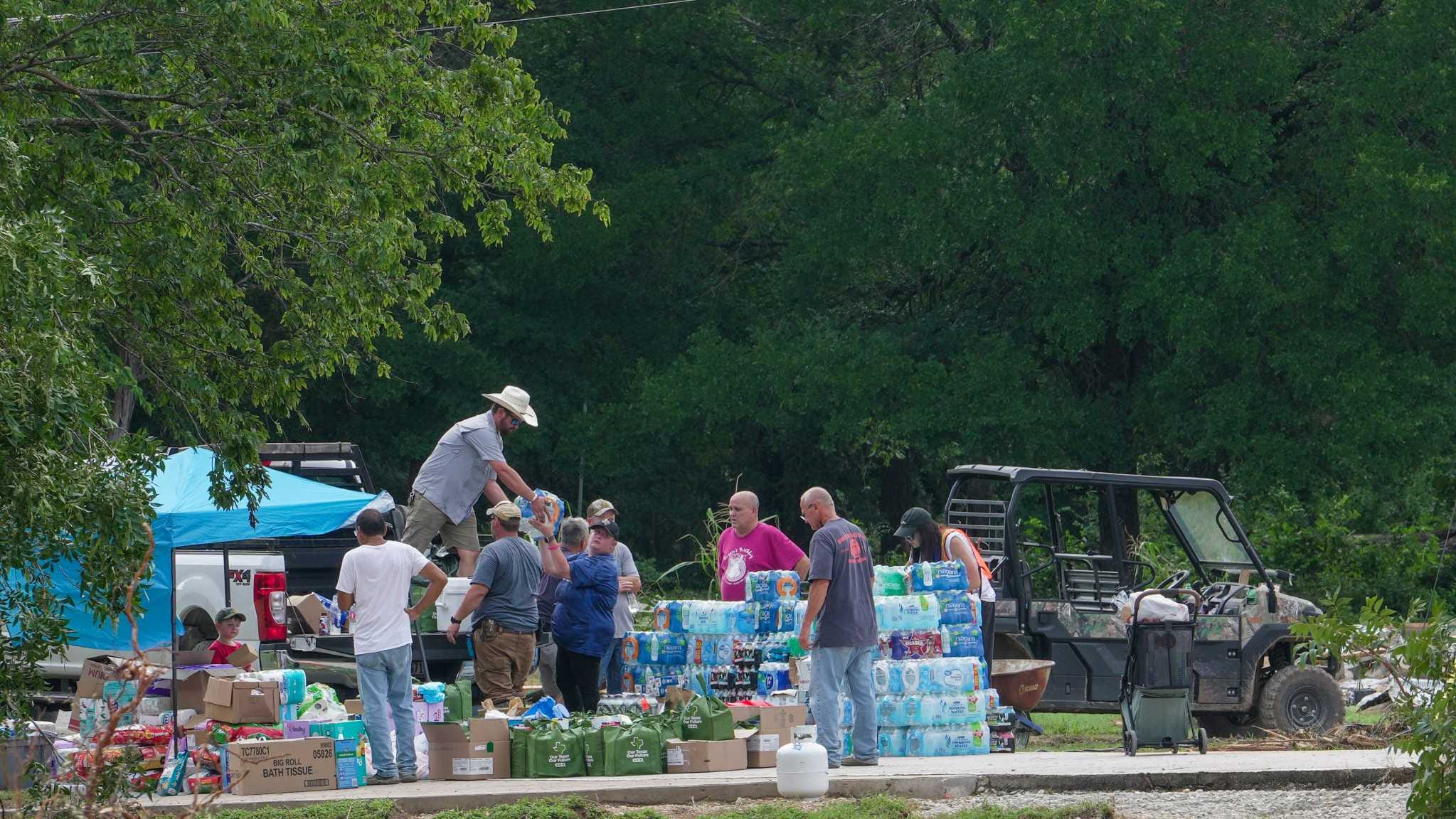news
How to check for scams before you give to flood relief
Before you give to help flood relief, make sure your money is going to the right place, a credible place with a long track record.
Published July 8, 2025 at 5:40pm

We all want to help the people and the communities affected by the flooding, but how do you know if the money is going to right place?
Disasters are often a time when scammers get to work.
“Unfortunately, there are some heinous individuals who are trying to use this tragedy to perpetrate scams and steal money from those wanting to help Texans impacted by this devastating flooding,” said Attorney General Ken Paxton. “I encourage anyone considering making a charitable donation to do so, and to be aware and informed to ensure that their donations go toward their intended recipients."
Go for trusted organizations
Who are the groups that typically show up in these kinds of disasters in the past and have a trusted history of doing what they say they are going to do?
Think about the American Red Cross, the Salvation Army, the Austin Disaster Relief Network and the local community foundations: Central Texas Community Foundation in this area and the Community Foundation of the Texas Hill Country in Kerr County.
Find a list of groups that help here.
Be wary of organizations that sound like similar organizations but are a word or two off or have websites that look like official websites but are not. The National Cyber Security Alliance notes that in past disasters, people have set up fake websites that look like FEMA or reputable organizations or even set up fake GoFundMe pages. They also send out emails and texts.
Also be wary of just-formed organizations. Scammers often form new group in a disaster. Even when people have the best intentions, they often do not have the infrastructure to execute what they promise.
Cross-check organizations
Check the organization's website. Does it have the mission of the organization as well as financial information such as an annual report.
Do your due diligence by checking places like CharityWatch and GuideStar. The Better Business Bureau also has Give.org. Through GuideStar and the IRS, you can also check that this organization has filed documentation with the IRS and is a tax-exempt nonprofit.
Give to places your local government officials are working with or mention in their news conferences. A reputable organization also will give you a donation letter for your taxes.
Resist the tug on the heart strings
We all are feeling vulnerable right now and scammers know that.
Do not give on the spot, w hether it is in person or by text or by phone call. Instead, look up the full name of the organization, do your research and then give.
Ask questions such as how is the money going to be used? What does your organization do and how does it do that?
For GoFundMe pages: Do not give unless you know both the person who is organizing the page and the person it benefits. If you do give and later learn your donation didn't go to the right person or was a scam, report it on the GoFundMe site to get your money back and help shut down that page.
Do not give out your information
You should never wire money, give a bank account number, credit card or personal information, including your Social Security number over the phone. If you are going to donate, make sure that a trusted organization sends you to a secure location — https instead of http in the website address.
Phone scams by text and by phone are rampant after a disaster. Do not trust the name and number that shows up on you caller ID or in a text.
If you suspect fraud
Report it to the Texas Attorney General’s Consumer Protection Division by calling 800-621-0508 or by filing an online complaint.

